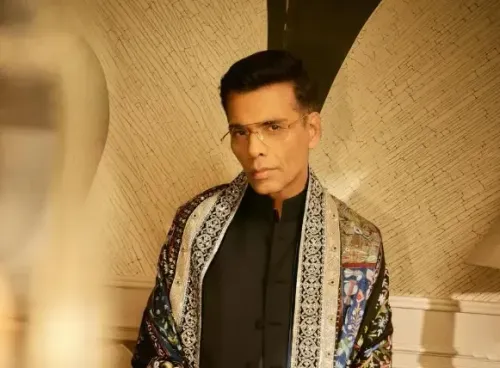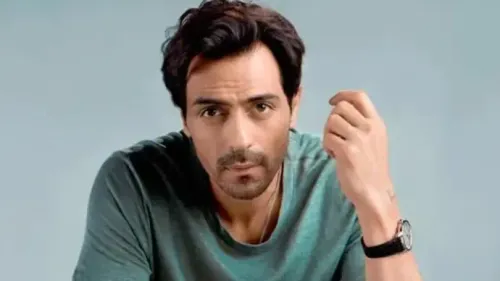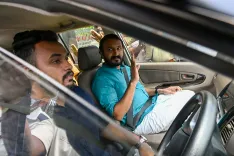Why Doesn’t Johnny Depp Want to 'Hold Onto Hate'?

Synopsis
Key Takeaways
- Johnny Depp chooses to release hate and negativity.
- His legal battles have significantly impacted his career.
- He emphasizes the burden of holding onto hate.
- Through adversity, he has gained valuable insights.
- Depp is focused on moving forward positively.
Los Angeles, July 8 (NationPress) The acclaimed Hollywood actor Johnny Depp has expressed that he refuses to hold onto hate after enduring a tumultuous court battle with his former wife, actress Amber Heard.
In 2016, following the end of his marriage to Heard, Depp's career faced significant challenges when she published an op-ed portraying herself as a victim of domestic abuse. This led him to file a defamation lawsuit against her, initiating a protracted legal confrontation.
In an interview with The Telegraph, Depp remarked, "This may sound strange, but one can easily hold onto hate until it breeds a certain form of malice in your mind."
He further noted, "It compels thoughts of revenge. However, harboring hate is a substantial burden. The reality is that to hate someone, I must first care. And I choose not to care. Why should I focus on grievances from others? Many people face injustices."
When questioned about his decision to pursue legal action, Depp stated he did not want a lie to dictate his ability to make films in Hollywood, as reported by femalefirst.co.uk.
The star of "Charlie and the Chocolate Factory" shared that the past few years have been a learning experience, and he is committed to moving forward.
"Experiencing everything in real-time lasted about seven or eight years," he reflected. "It was a tough and painful internal process. Would I prefer to have avoided it? Absolutely. Yet, I gained far more insights than I ever imagined possible."
The 62-year-old actor previously characterized his time away from Hollywood due to legal challenges as being lost in the 'wilderness', but he maintains no ill feelings toward anyone.
He told The Hollywood Reporter, "The wilderness was vast, and ultimately, it imparted significant lessons to me."










